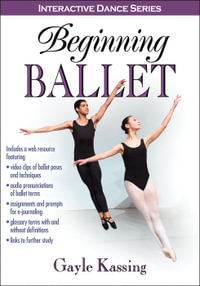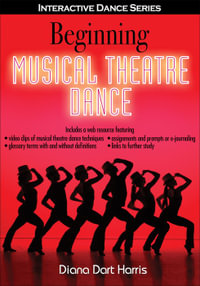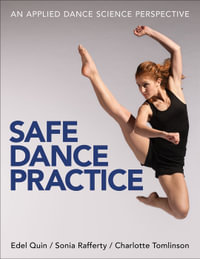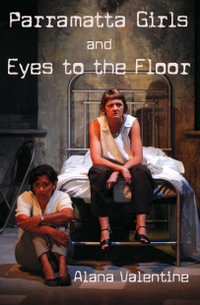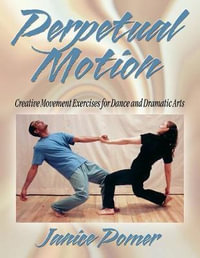Moving Otherwise examines how contemporary dance practices in Buenos Aires, Argentina enacted politics within climates of political and economic violence from the mid-1960s to the mid-2010s. From the repression of military dictatorships to the precarity of economic crises, contemporary dancers and audiences consistently responded to and reimagined the everyday choreographies that have accompanied Argentina's volatile political history. The titular concept, "moving otherwise" names how both concert dance and its off-stage practice and consumption offer alternatives to and modes to critique the patterns of movement and bodily comportment that shape everyday life in contexts marked by violence.
Drawing on archival research based in institutional and private collections, over fifty interviews with dancers and choreographers, and the author's embodied experiences as a collaborator and performer with active groups, the book analyzes how a wide range of practices moved otherwise, including concert works, community dance initiatives, and the everyday labor that animates dance. It demonstrates how these diverse practices represent, resist, and remember violence and engender new forms of social mobilization on and off the theatrical stage. As the first book length critical study of Argentine contemporary dance, it introduces a breadth of choreographers to an English speaking audience, including Ana Kamien, Susana Zimmermann, Estela Maris, Alejandro Cervera, Renate Schottelius, Susana Tambutti, Silvia Hodgers, and Silvia Vladimivsky. It also considers previously undocumented aspects of Argentine dance history, including crossings between contemporary dancers and 1970s leftist
political militancy, Argentine dance labor movements, political protest, and the prominence of tango themes in contemporary dance works that address the memory of political violence. Contemporary dance, the book demonstrates, has a rich and diverse history of political engagement in Argentina.
Industry Reviews
"Her study intervenes in a large literature on politics in authoritarian Argentina by bringing in dance protagonists who were previously overlooked and by shedding light on their bold political moves ... This exciting scholarship provides a jumping-off place for future efforts to continue rewriting a global history of modern and contemporary dance." -- Elizabeth Schwall, Latin American Research Review
"Moving Otherwise is a strong resource for (a) those learning how to carry out qualitative research in dance, (b) instructors interested in enriching contemporary dance history with a more globalized perspective, and (c) those looking at sociopolitical issues as a starting point for dance creation. Moving Otherwise gives readers' a glimpse into the underrepre-sented history of contemporary dance in Latin America and reminds us to open our eyes
to how politics -- advertently and inadvertently -- affects not only dance, but our physical lives, causing us to move otherwise." -- Josey Pickett, Journal of Dance Education
"In her deeply thoughtful and beautifully written analysis of contemporary dance in Buenos Aires, Victoria Fortuna deftly interweaves ethnography with critical theory to reveal how dancing bodies constitute a resistive force â both in the studio and on the streets. Moving Otherwise situates the choreographies of memory within the histories of state violence and grassroots activism in Argentina, providing an important global perspective for the
study of dance and politics." -- Ann Cooper Albright, author of Engaging Bodies: The Politics and Poetics of Corporeality
"Victoria Fortuna offers a stirring yet incisive exploration into the world of Argentinian dance under the duress of political violence. A compelling study of moving within and against the restraints of neoliberalism, Moving Otherwise makes a vital contribution to the fields of dance studies and human rights." -- Paul A. Scolieri, Columbia University


